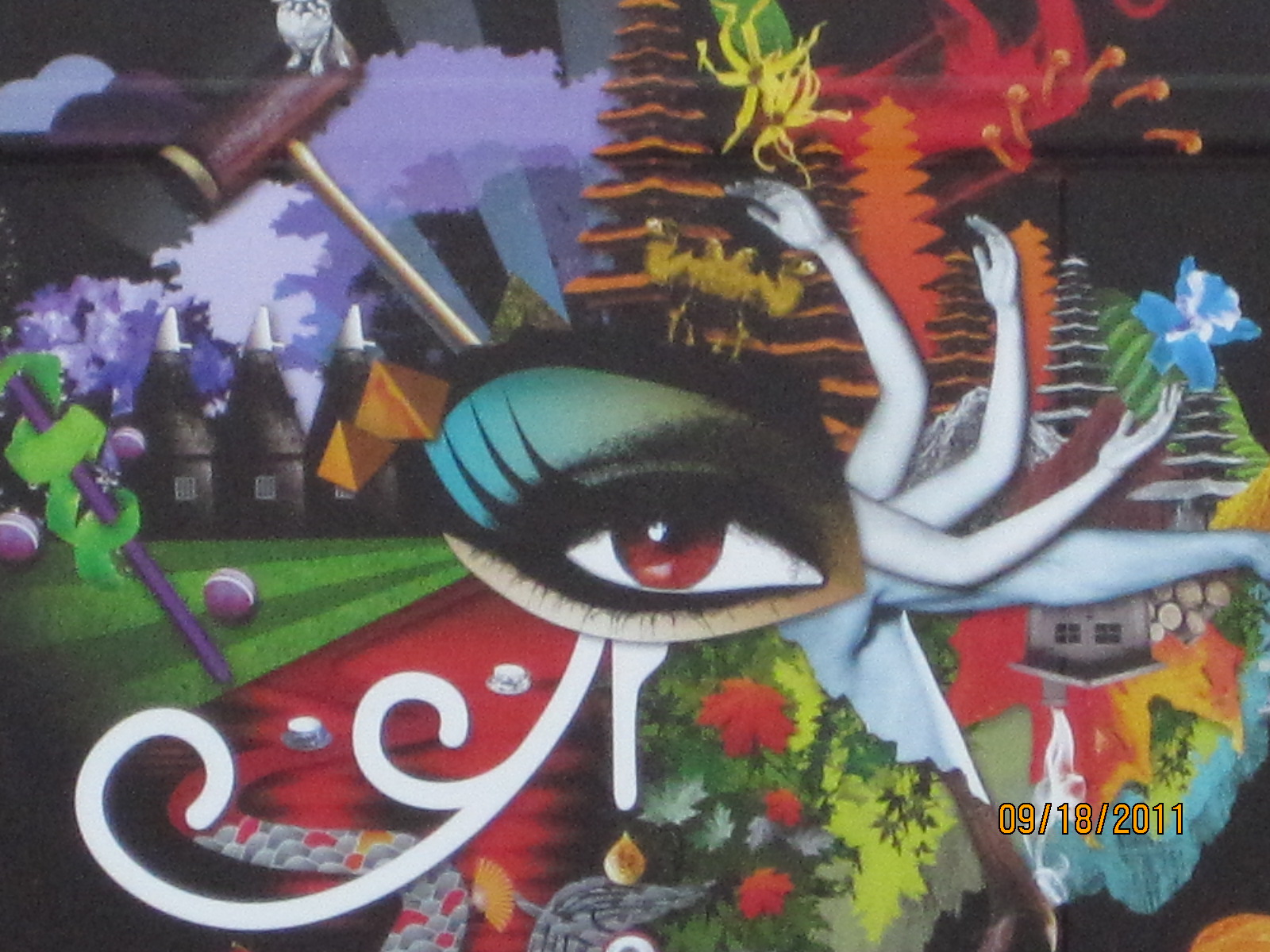I’ve decided that along with aging comes a treasure trove of “20-20” hindsight. Life would’ve been so much easier if I knew then, what I know now. Only recently, very recently, have I arrived at the conclusion that life is messy.
Because of my strict upbringing where chores were done before playtime, I was always cleaning and organizing. It’s not to say this routine isn’t a great building block for a happy life, but it contributed to a personal uneasiness as an adult, if my home wasn’t in tip-top shape.
During the first years of married life I was always stressed and upset that I had to spend the entire weekend cleaning, when I would’ve preferred to relax after working all week. My husband didn’t demand it of me; I expected it of myself as a result of the residual effects left over from life with my mom. In retrospect, I should’ve engaged my husband in doing the minimum housework necessary, and enjoyed our time doing fun things together instead. I know I would’ve liked myself better, since I wouldn’t have wasted my time and energy trying to convince my husband that he should be as anal as me about a clean house. It’s insane to think I spent those years being a martyr to a stupid house; I should’ve reveled in being the pretty, young thing my husband married, with the vision that life would be a fun-house, not a mad-house. Yikes!
I think it’s fortunate that my legacy to our daughter has been a more practical attitude toward housecleaning. Within the last decade or so, my mantra has been to keep a “straightened and vacuumed” house, so that company is welcome any time. As long as they don’t venture to do the “white glove” test for dust, then they’ll enjoy their visit. Raising a child and accumulating a gaggle of pets quickly convinced me that I had to take things down a notch, or I’d be in an insane asylum, or my husband would have bid me adieu, or both.
But what has finally convinced me that life is messy, and it’s perfectly okay, is the current state of my home. My daughter is on a sabbatical from her job, and is home with us. We have had to reorganize closets and dresser drawers, making room for her things. Her cat Misha is also visiting. Our main bathroom has become his stomping ground, as well as the hallway where his food is located. Gates are up, keeping our dog Mocha and Misha apart when we’re asleep or not at home. My 3 cats remain downstairs in their domain, being allowed upstairs only after Misha has had his roam of the space. There have been face to face encounters, with hissing on my cats’ parts.
Misha is curious about these seemingly mysterious critters, since he’s an only “child.” He wants to get up close and personal, fearlessly getting in their faces. Luckily our cat sitter recommended hormonal wall plug-ins which have calmed our menagerie considerably, as well as lavender-scented collars which have the same effect. So far, we’ve been spared any bloodshed. Maybe one day soon, all 4 cats and 1 dog will be able to pass each other by, without so much as a backward glance. I pray for that day.
Straightening and vacuuming occur less frequently than usual. Small piles of stuff tend to accumulate here and there. My daughter and I play “bananagrams” pretty religiously. We’re definitely relaxing more than we’re cleaning, enjoying each other’s company. The pets are getting more attention, since we’re making a concerted effort to maintain peace.
Life is messy, but having our daughter and Misha share our humble home is a blessing for which I’m grateful. Cleanliness is NOT next to Godliness, my family’s happiness and togetherness is Christ present in our lives. I’m richer for the mess with which I’ve learned to live.
Life is not linear, for “detours” constantly overtake us. Life is, in fact, what we make of those “detours.” We travel a path, divert to another, retrace our steps, take another path, continue as far as we’re able, until we face another “detour.” That’s life in a nutshell! Rather than resist, we should be grateful for the gift of adventure with which God has blessed us. It’s exciting to live in the moment. Having a positive outlook can only make that moment, momentous.
I believe we begin to die the minute we are born. But we never think of life that way; instead, we look forward to living with every ounce of our being. Nothing should diminish that excitement, so we should draw upon all the positive energy we can muster to enhance our lives, making them the best possible they can be.
Life is an hour-glass, and time is running out. Focus upon making every grain of sand, a beach on Maui where the foam-tipped waves rush up to meet you, as you run to become one with the warm, Pacific waters, contentment welling within you. God bless our lives, as “messy” as they are.
works in mysterious ways, God…hugmamma.



